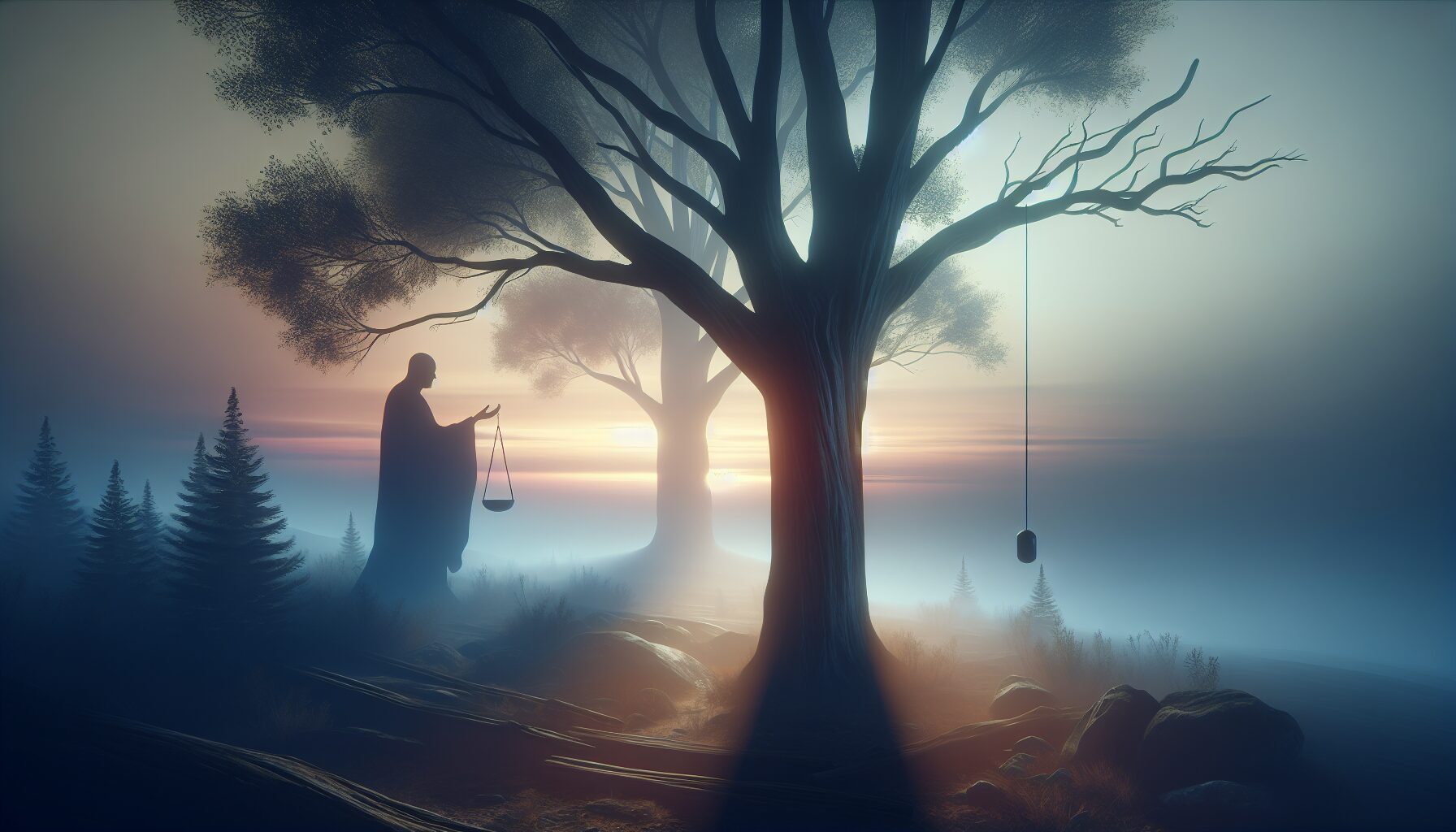Twilight Ethics Manual: Moral Practice in Shadowed Life
As the sun sets on the traditional paradigms of ethics, a new, enigmatic realm emerges—the twilight ethics manual. This guide calls for a re-examination of moral practices in shadowed life, environments where clarity is often obscured by ambiguity and moral dilemmas dwell in the peripheries of light and dark.
Navigating the Shadows
In the shadow world, decision-making often involves navigating through uncertain and grey areas. Martha C. Nussbaum, a renowned philosopher and ethicist, has argued that “Ethical theory must be grounded in the complexity of actual human situations.” Thus, twilight ethics require us to move beyond black-and-white thinking, into a spectrum where context and nuance reign supreme.
“The choices we make are rarely as simple as they are presented in classic ethical thought experiments. Reality is much messier, and our choices more complex.”
Key Tenets of Twilight Ethics
Below are some core principles for practicing ethics in shadowed circumstances:
- Contextual Awareness: Recognize the importance of the surrounding environment and the specific circumstances that shape ethical decisions. This includes cultural sensitivities, historical context, and individual differences.
- Flexibility and Adaptability: Understand that ethical guidelines are not always universal. Practitioners must be open to adapting their approaches based on situational demands.
- Empathy and Compassion: Foster the ability to put oneself in another’s position. This reduces moral absolutism and encourages a more compassionate approach to decision-making.
- Mindful Reflection: Regularly reflecting on one’s decisions and the impact they have on others can lead to more conscientious ethical practices.
The Ethical Horizon
In an era where technological advancements and global challenges intertwine, the twilight ethics manual becomes increasingly relevant. From the ethical use of artificial intelligence to concerns over privacy and surveillance, the lines between right and wrong often blur. As Donna J. Haraway suggests in her work on ethics and science, “We need stories (and theories) that are just big enough to gather up the complexities and keep the edges open and greedy for surprising new and old connections” (Haraway on Ethics).
The twilight presents an opportunity to explore new frontiers of ethical inquiry and cultivate a deeper understanding of our shared human condition. As we embrace this murky expanse, the ultimate challenge remains to uphold our integrity while allowing ambiguity to guide us into more profound and diverse moral practices.

Comments